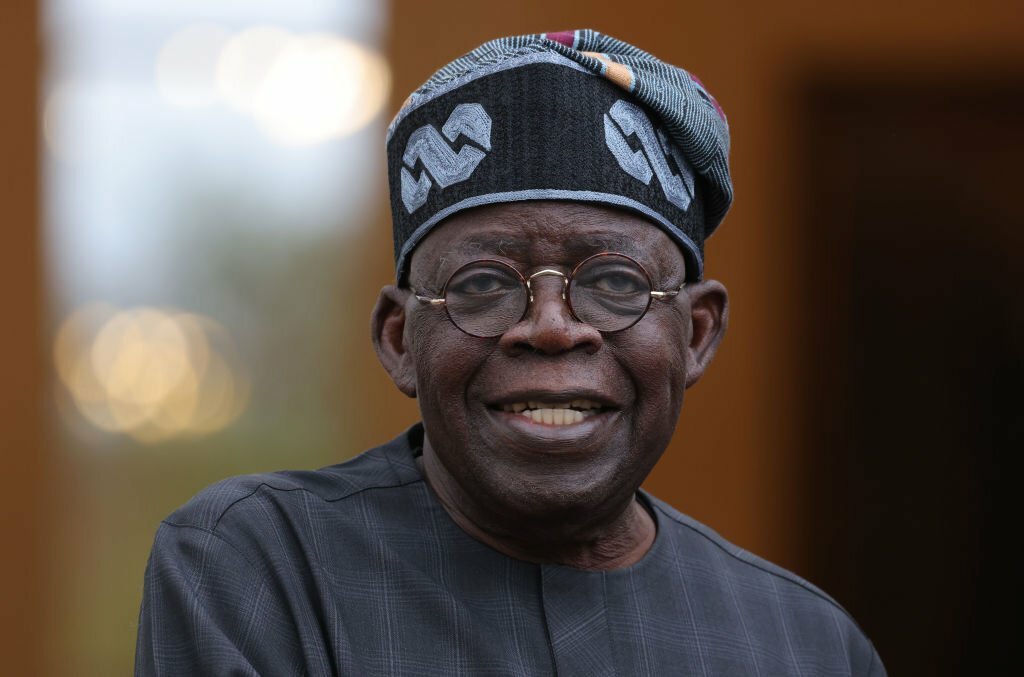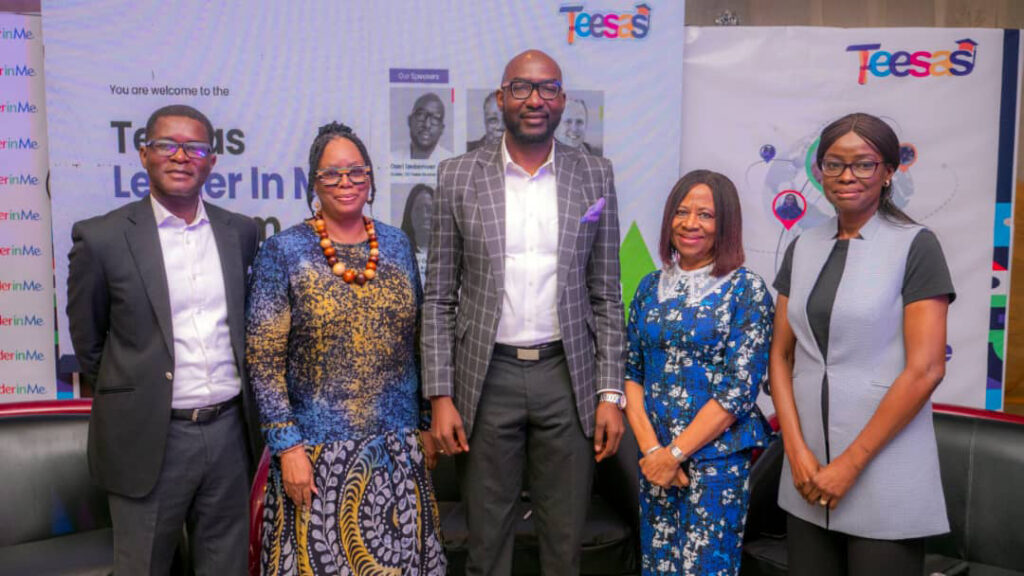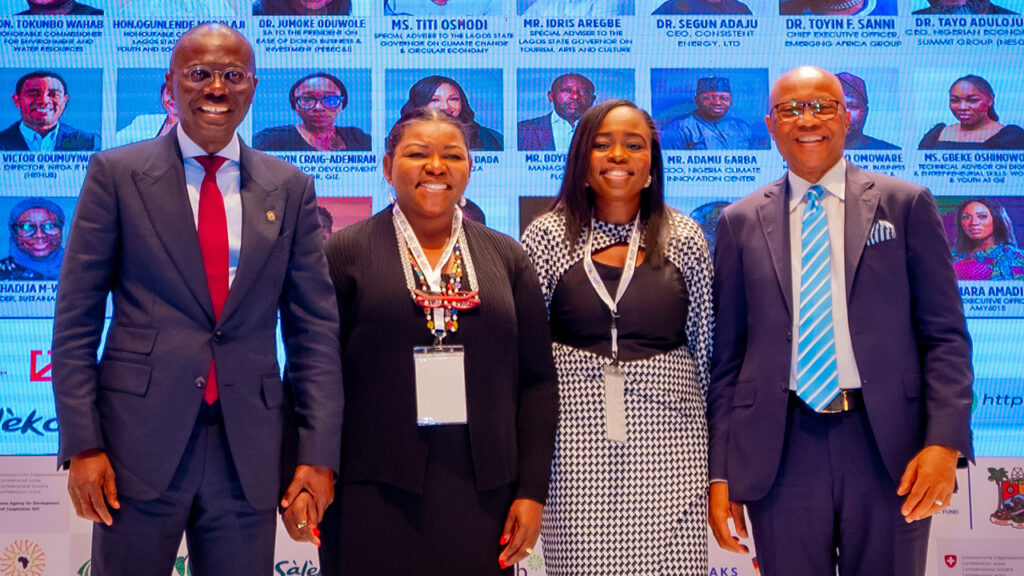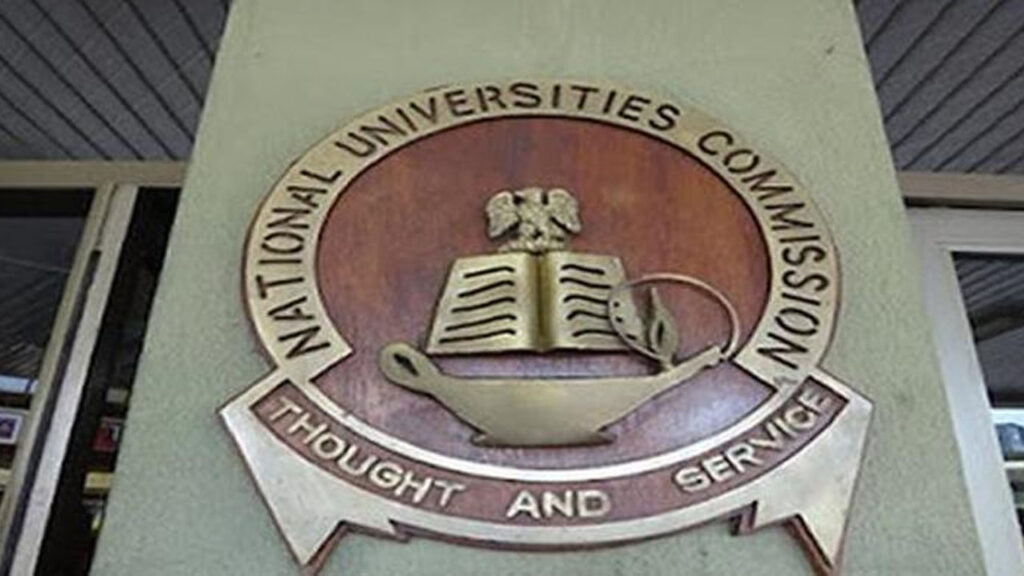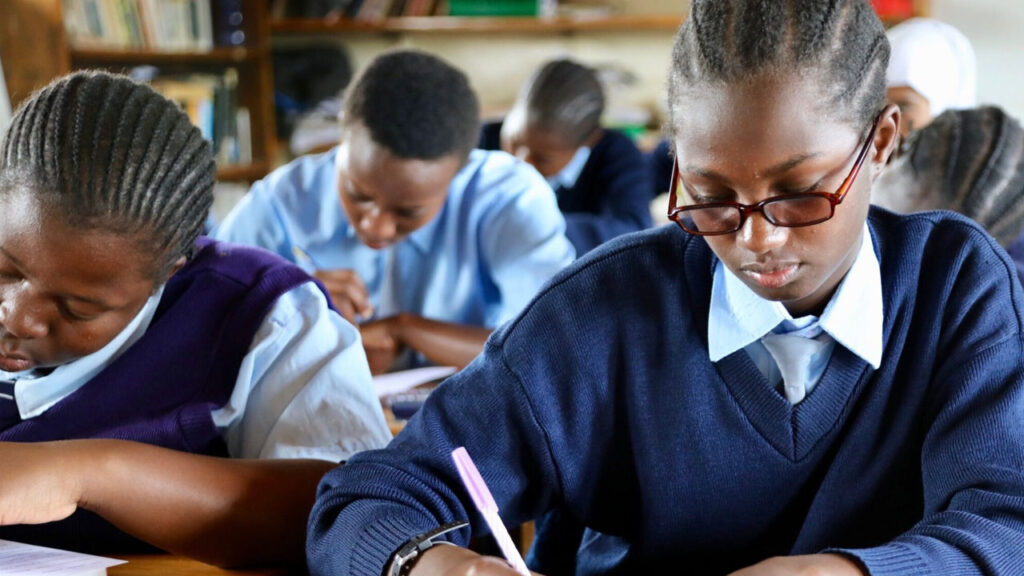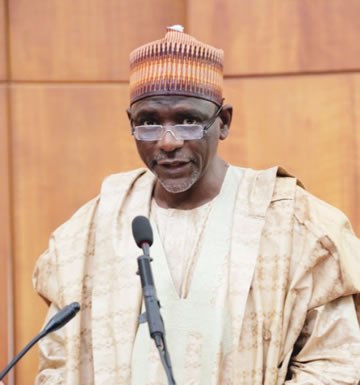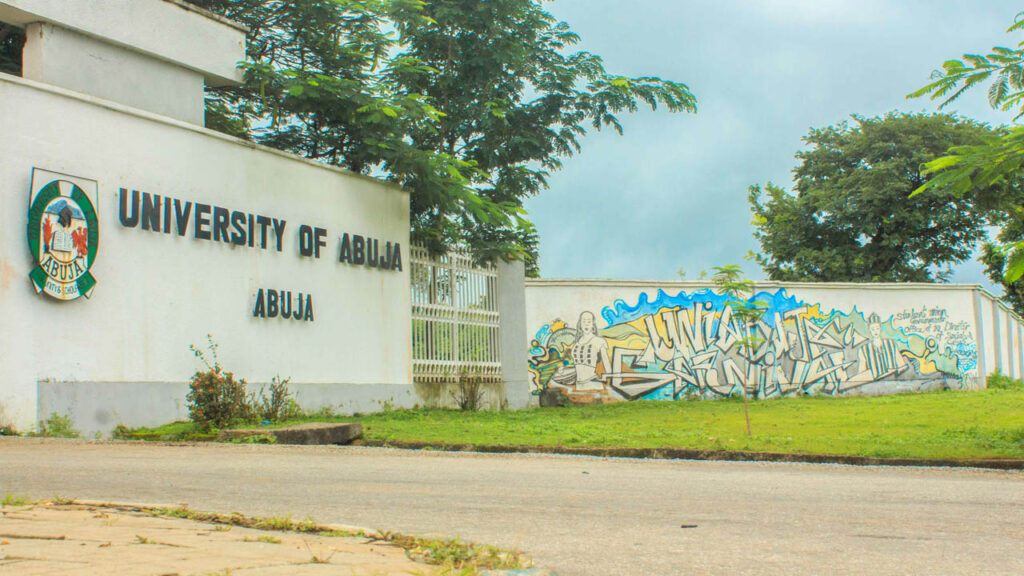
In this piece, OWEDE AGBAJILEKE reviews the proposed 2024 education budget and how President Bola Tinubu failed to meet the 26 per cent benchmark of the United Nations Educational, Scientific and Cultural Organisation’s (UNESCO), for developing countries to turn the corner of dysfunctional school system.
Amid the increase in allocation to education by the Federal Government, the country has again, failed to meet the global benchmark of 26 per cent of the national budget to fund the sector.
The N2.18 trillion budgeted for the sector in 2024, is N390 billion higher than the N1.79 trillion allocated to it in the 2023 appropriation. This represents 7.85 per cent of the N27.5 trillion proposal, and a 0.6 per cent increase from the N24.82 trillion 2023 budget.
It would be recalled that in the 2024 appropriation presented to the National Assembly, President Tinubu proposed a N27.5 trillion spending plan for the country. Of this amount, he earmarked N2.18 trillion for the education sector.
A further breakdown indicated that N1.23 trillion was budgeted for the Federal Ministry of Education and its agencies, while the Tertiary Education Trust Fund (TETFund) will receive N700 billion, and the Universal Basic Education Commission (UBEC) N251.47 billion.
Investigations also showed that the TETFund allocation represents a 118.75 per cent increase compared to the N320 billion that the intervention agency received in the outgoing year.
The president had, on assumption of office, assured that his administration would commit more resources to the education sector.
Speaking while hosting the leadership of the National Association of Nigerian Students (NANS) at the State House, Abuja, in June this year, Tinubu emphasised the transformative power of education in combating poverty.
“If we all believe that education is the greatest weapon against poverty, then, we have to invest in it. Poverty should not prevent anybody, any child, including the daughter or son of a wood seller, roasted plantain, or yam seller from attaining the highest standard of education, to eliminate poverty. If you eliminate poverty from one family, you can carry the rest of the weight,” he stated.
From the present scenario, analysts are of the view that the Federal Government may have reneged on its promise to allocate 25 per cent of the national budget to the education sector to “meet global standards, improve quality of learning, and retain the best hands in the system.”

Education Minister, Prof Tahir Mamman gave the assurance at a briefing to herald the 2023 World Teachers Day.
Findings by The Guardian also revealed that the country’s education spending has been in single digits in the last 13 years. A critical look at 2010, 2011, and 2012 budgetary provisions for the sector showed that 6.17 per cent, 7.88 per cent, and 8.55 per cent of the budget were allocated to the sector respectively. By the same token, 2013, 2014, and 2015 witnessed 8.68, 9.04, and 9.26 per cents of budgetary allocations to the sector.
In 2016, 2017, and 2018, education received 7.9 per cent, 6.1 per cent, and 7.1 per cent of the respective years’ budgets. This rose to 8.4 per cent in 2019, and plummeted to 6.5 per cent, 5.7 per cent, and 5.4 per cent in 2020, 2021, and 2022 before soaring to 7.26 per cent in 2023.
The figures are a sharp contrast to what is obtained in other parts of Africa. In 2022, for instance, while South Africa’s education spending was 19.75 per cent – a 1.33 per cent increase from 2021; Namibia expended 24.71 and 27.3 per cents in the sector for 2022 and 2023 respectively, even as Algeria has recorded double digits for nine consecutive years (2013 to 2022).
With over 20 million out-of-school children and 18 per cent of students in Nigerian tertiary institutions dropping out for financial reasons, stakeholders are tasking the Federal Government to increase its spending for the sector to at least 20 per cent with clear deliverables.
Last year, the United Nations cautioned that unless Africa’s most populous black nation acts fast on the issue, the country might not achieve the global agenda for universal inclusive, and equitable basic education for all school-age children by 2030.
Both education stakeholders and experts have warned that not meeting UNESCO’s recommendation could have far-reaching consequences for the nation, with a key implication being that it could affect teaching and learning outcomes. They noted that insufficient funding could lead to a lack of adequate resources, such as textbooks, computer sets, and laboratories, which are essential for effective learning.
In addition, they noted that inadequate funding could lead to overcrowded classrooms, which can negatively affect the quality of instruction. According to them, this limits access to education, as it may result in higher fees and tuition costs, thus pushing education out of the reach of many.
However, the Federal Government has dismissed the UNESCO recommendation, describing it as lacking logic.
In an interview with The Guardian, the Director of Press and Public Relations, Federal Ministry of Education, Ben Bem Goong, faulted the recommendation for not factoring in budgets of state universities and private sector investments in the sector.
Emphasising that countries do not have the same needs to invest in the sector, as some are at infancy, middle-level, and advanced stages, Goong said it was wrong to pin all member nations to the same percentage.
He said: “Nigeria is spending more than 26 per cent in the sense that by the time you factor in private investments in the education sector from primary to secondary school, polytechnics, colleges of education, and universities, we have far surpassed what UNESCO recommended.
“We at the Ministry of Education, like any other sector, are desirous of having more money allocated to us so that we can carry out the presidential mandate of 25 per cent. But that is not to say that we will subject ourselves to an unempirical recommendation of UNESCO.
“We should be working within the 25 per cent target set by President Tinubu, and not the UN because their prescription lacks logic. But good enough, our President has promised that over the years, he will continue to up the allocation. This is what we should be emphasising. And not UNESCO or any other prescription outside the country,” he said.
Goong pointed out that rather than vilify successive governments, they should be applauded for allocating the lion’s share of the national budget to the sector.
He added: “Successive governments, over the years, have tried their best. Certainly, our target is not UNESCO’s 26 per cent, but what Mr President has promised he will do for the sector. And we are working towards that.

But the National President of Academic Staff Union of Universities (ASUU), Prof. Emmanuel Osodeke, is faulting the inclusion of the TETFund budget in the education appropriation, accusing the government of doing so to increase the percentage for the sector.
He, therefore, asked the Federal Government to separate the budget of the intervention agency from the sector’s budget, emphasising that such a step would enable effective implementation.
Osodeke said: “The amount allocated to education is not up to 7.8 per cent. TETFund is not part of the government fund. It is an intervention programme that companies are funding. This is the first time that the Federal Government is including it just to increase the percentage. It is not acceptable.”
Also, the National President of the Academic Staff Union of Secondary Schools (ASUSS), Samuel Omaji, described the education budget as ‘grossly inadequate’.
While describing the amount as a drop in the ocean, Omaji submitted that proper funding would ensure that the sector is properly equipped with the necessary infrastructure needed for effective learning, and that teachers are adequately remunerated to enable them to discharge their duties more effectively.
He lamented that the country’s most critical sector has been facing monumental neglect by successive administrations.
“It has been the tradition of this country. We have followed them for a while now and we have discovered that adequate attention is not given to education. We are talking about 26 per cent and they are giving 7.8 per cent. To us, that amounts to nothing. We have spoken, we have cried, and talked to people that no nation or society develops without prioritising education. How do you expect education to blossom or meet the purpose for which it was established with such a meagre allocation?
“The 7.8 per cent cannot amount to anything reasonable that will improve or lift the sector. Government should realise that the solution to our problem lies with quality education,” Omaji added.
A former Vice-Chancellor of the Federal University of Agriculture, Abeokuta (FUNAAB) Olusola Oyewole, described education funding in Nigeria as abysmal.
He noted that each year, the budget mainly focuses on the payment of salaries with no unique initiative to address challenges facing the sector.
Similarly, the Vice-Chancellor, University of Calabar, Prof. Florence Obi, warned that any country that neglects knowledge resulting from educational activities sets itself back by a decade.
She added: “Any nation that does not pay attention to the educational needs of its population is likely to face difficult times in the future.”

